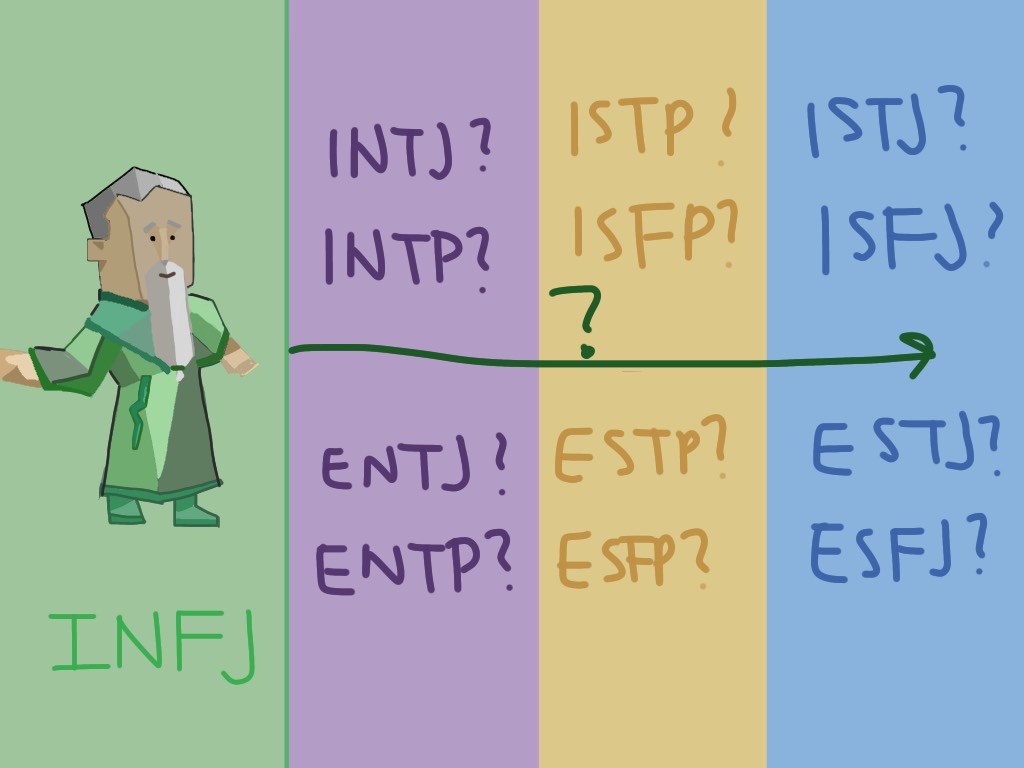I always felt distant from others as a child. Shy and well-behaved, I was treated by everybody with a detached politeness. But behind their gentleness, I perceived their concealed discomfort — a fear of offending me by leaving me out of the loop being the only reason for our superficial interactions. Back then, it felt like I could only blame myself. Although many had tried to get to know me, I tended to close off any opportunity for others to do so.
Naturally, my only two friends were both amazingly outgoing, practically forcing me into their lives. They spoke with such ease, even among the teachers and older students of whom I was embarrassingly terrified. All I could do was watch, because whenever I was pushed forward, I simply hid behind them. Even the resulting look of annoyance from my friends was nothing more than an illusion projected by my internal disappointment and frustration.
So when middle school came, it was my chance to rebrand myself as the social butterfly I never was. This dimly lit lamp that I became was bright enough for my new friends and teachers, but soon drained of life after a long day of lies, and under the lampshades was a horror that only my family saw. I was completely unrecognizable, with no authentic bone in my body, for even in my core was just a broken light bulb, a poor imitation of the sun.
At the time, I couldn’t express these emotions, and desperately sought out understanding of myself. I remember reading “Macbeth” for European literature class in high school and feeling intrigued by its tragic dilemma: If somebody told you who you would become, how would that future manifest? The class had finished the reading before winter break, and so to kill time, our teacher asked us to take the 16Personalities quiz and share our results. Confusingly bubbling in the choices, I found my personality type to be Introverted, Intuitive, Feeling, and Judging (INFJ). Skimming through the website’s description, something clicked in my mind and everything that had ever happened seemed to suddenly make sense. That night, I binged videos discussing the supposed rarest personality type, resonating with all of its supposed traits.
Or so I thought. While I connected with some traits — reluctant to open up, insightful, and perfectionistic — there were others I didn’t really relate to — sensitive, altruistic, and selfless. But I was so convinced by the Myers-Briggs Type Indicator (MBTI) that I had overlooked its obvious inconsistencies with myself. Or rather, I felt an obligation to agree with all assessments of my personality type, regardless of whether or not they were true to me. I was so caught up in the comfort of being told who I was that I tried becoming my personality type, avoiding anything that would seem uncharacteristic of it, and thus restricting myself to a stereotype.
As I became more obsessed with the MBTI, my life began to revolve around it, extending towards the people around me. I found a habit of psychoanalyzing all of my friends, trying to figure out what their type would be in an attempt to better understand them. But this only led me to underestimate what my friends were capable of based on an assumption of how their type would typically behave. This habit has brought me uncomfortably close to cutting some friends off, simply because I believed a relationship with them could never work.
This new routine of mine had also prompted me to dig into the Myers-Briggs theory, an excavation that only revealed deeper insecurities hidden underneath. Soon, I found myself desperately wanting to be another personality type, retaking various online tests, sacrificing honesty for a satisfactory result printed on a computer screen. With this false prophecy given to me, I altered my entire personality accordingly. Everything I did was contrived to fit an arbitrary description of who I wanted to be, and I was once again that dimly lit lamp: an artificial light further covered by a flimsy exterior, with no true understanding of who I was or who I could be.
It took a pivotal change in scenery to Rochester for me to realize this. I was now free to pursue whatever made me feel like myself — writing, music, film — then share these personal discoveries with the thousands of others experiencing the same crises as me. I’ve made more friends here than I have elsewhere, and each of them are incredibly unique people, regardless of what box they supposedly fit in. Once I internalized this, I stopped relying on outside sources to determine my reality and began looking inwards.
Perhaps we can be grouped into 16 personality types, and perhaps this is foundational in our understanding of people. Be wary, however, of the truth that nobody can tell you who you are. It’s difficult to accept that, but I’d much rather be me than anyone else. Find what you love and do it well, because it will lead you back to yourself, and only then will everything begin to make sense.

